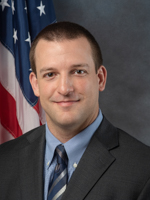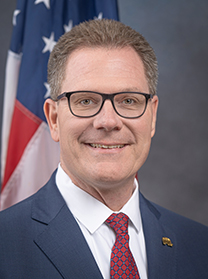
HB 991 Defamation, False Light, and Unauthorized Publication of Name or Likenesses
Florida 2023 Regular Session
Defamation, False Light, and Unauthorized Publication of Name or Likenesses
HB-991
About HB-991
Provides that journalist's privilege does not apply to defamation claims when defendant is professional journalist or media entity; revises provisions concerning venue for certain actions; provides for attorney fees & costs to prevailing plaintiffs in certain actions; specifies certain persons may not be considered public figures; provides certain allegations are defamatory per se; provides statutory damages to prevailing plaintiffs who are subject of such allegations; creates presumption that statement by anonymous source is presumptively false; provides public figure does not need to show actual malice to prevail in defamation action.
Bill Texts
Introduced 02/21/2023
Weigh In
Votes for: 42 Votes against: 2
Spread the Word!
Sponsors (3)


